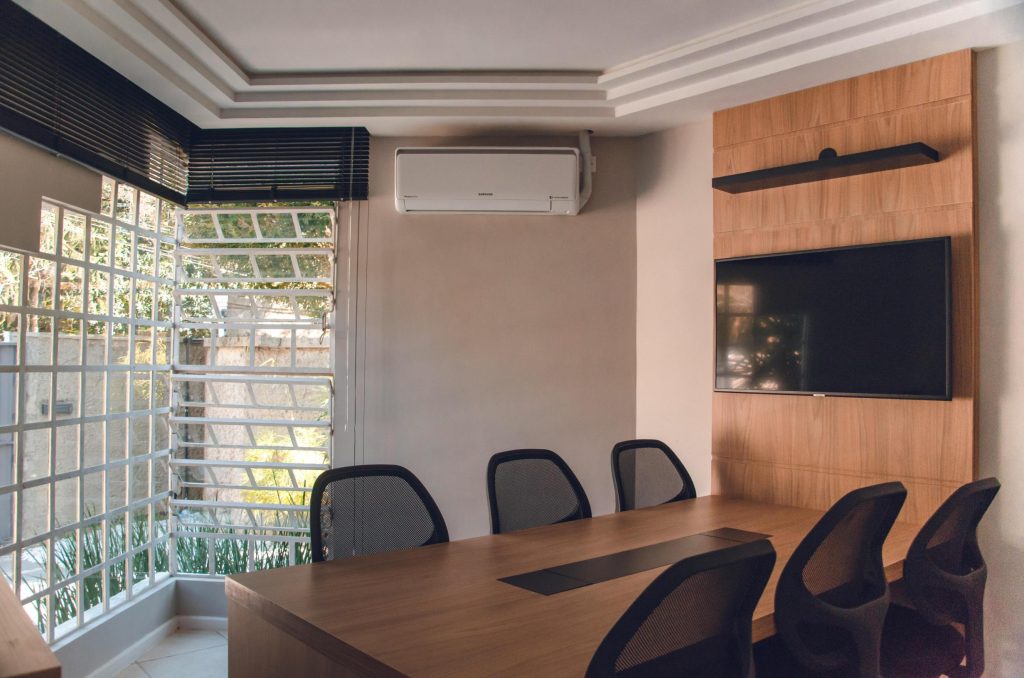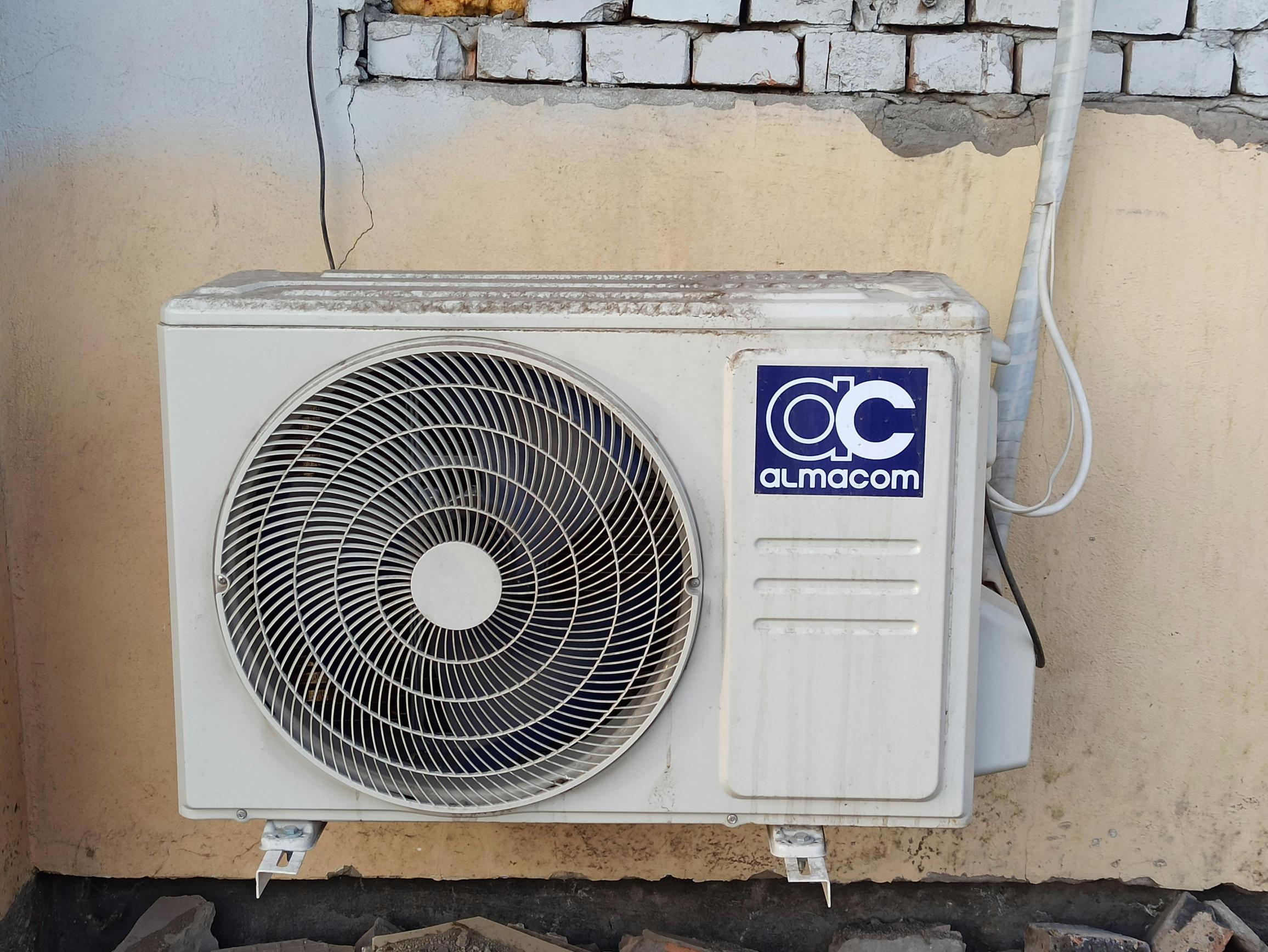As winter approaches and temperatures begin to drop, homeowners often face the question: “Should I cover my air conditioning unit?” It’s a valid concern, as protecting your HVAC system can help prolong its lifespan and maintain its efficiency. However, the decision to cover your AC unit isn’t as straightforward as it may seem. This comprehensive guide will explore the pros and cons of covering your AC unit in winter, as well as best practices to ensure your system remains in optimal condition.
Understanding Your AC Unit
Before diving into the discussion of covering your AC unit, it’s essential to understand how air conditioning systems function.
Air conditioning units consist of two primary components: the outdoor condenser unit and the indoor air handler. The condenser unit is responsible for expelling heat from your home, while the air handler circulates cool air indoors. During winter, the outdoor unit can be exposed to harsh weather conditions, including snow, ice, rain, and debris, which can affect its performance when spring arrives.
The Argument for Covering Your AC Unit
1. Protection from the Elements
One of the primary reasons homeowners consider covering their AC units is to protect them from winter weather. Snow, ice, and heavy rain can cause corrosion, rust, and damage to the unit’s components. A cover can shield the unit from falling debris, such as branches and leaves, which can also cause damage.
2. Preventing Ice Buildup
When the temperatures drop, moisture can freeze on the unit’s components, leading to ice buildup. Covering the unit can help prevent this, which can be especially beneficial for homeowners in areas that experience heavy snowfall or ice storms.
3. Extending the Lifespan of the Unit
Protecting your AC unit from winter elements can help prolong its lifespan. By preventing damage from snow, ice, and debris, you can reduce the likelihood of costly repairs or the need for a full replacement.
4. Improved Performance in Spring
When spring arrives and temperatures rise, a well-protected AC unit is more likely to function efficiently. Covering the unit can help ensure it’s clean and ready for operation, minimizing the time needed for maintenance and ensuring it performs optimally.
The Argument Against Covering Your AC Unit
While there are compelling reasons to cover your AC unit during winter, there are also arguments against doing so.
1. Moisture Accumulation
One of the biggest concerns with covering an AC unit is moisture accumulation. If the cover does not allow for proper ventilation, condensation can build up inside the unit. This trapped moisture can lead to mold and mildew growth, which can damage the unit and impact indoor air quality.
2. Pests and Rodents
Covering your AC unit can create a cozy environment for pests and rodents. Mice, insects, and other critters may find their way into the unit, leading to potential damage to electrical components and wiring. These pests may use the cover as a nesting area, further complicating the issue.
3. False Sense of Security
Some homeowners may believe that covering their AC unit will completely protect it from winter elements. However, covers can blow off in strong winds or become damaged themselves, leaving the unit exposed. This false sense of security can lead to unexpected repairs when spring arrives.
4. Manufacturer Recommendations
Some manufacturers explicitly state that their units should not be covered during winter. This is often due to concerns about moisture accumulation and air circulation. Always refer to your unit’s owner’s manual for specific guidance on whether to cover your AC unit.
Factors to Consider Before Covering Your AC Unit

Before making a decision, several factors should be considered:
1. Climate and Weather Conditions
Your local climate plays a significant role in the decision to cover your AC unit. If you live in an area with harsh winters, heavy snowfall, or frequent ice storms, covering the unit may be beneficial. However, if your winters are mild, covering the unit may not be necessary.
2. Type of AC Unit
The type of air conditioning unit you have can also influence your decision. Central AC systems, window units, and portable AC units all have different designs and vulnerabilities. Consider the specific needs and recommendations for your type of unit.
3. Cover Material
If you decide to cover your AC unit, choose a breathable cover specifically designed for HVAC systems. Breathable materials allow for proper ventilation and prevent moisture buildup, reducing the risk of mold and mildew growth.
4. Installation of a Unit with Built-in Protection
Some newer AC units come with built-in protection against the elements. For example, some models have protective grilles or coatings that minimize damage from winter weather. If your unit has these features, covering it may not be necessary.
Best Practices for Covering Your AC Unit
If you decide to cover your AC unit, it’s essential to follow certain best practices to ensure effective protection while minimizing potential issues. Below are detailed guidelines to help you cover your unit correctly.
1. Use a Breathable Cover
Choosing the right cover is crucial for protecting your AC unit during winter.
- Select Breathable Materials: Opt for a cover made from breathable fabric, such as polyester or breathable canvas. These materials allow moisture to escape, preventing condensation buildup that can lead to rust and corrosion on the unit’s internal components.
- Avoid Plastic or Tarps: Steer clear of plastic covers or tarps. While they may seem like a quick fix, they can trap moisture inside the unit, creating a damp environment conducive to mold and mildew growth. Over time, this can cause significant damage to the electrical components and inner workings of the AC unit.
- Consider UV Protection: If you reside in an area with significant sunlight exposure during winter, it’s wise to choose covers that offer UV protection. These covers are designed to withstand sunlight without deteriorating, helping to maintain their integrity over time and preventing damage to the unit’s exterior.
2. Secure the Cover Properly
Properly securing the cover is vital to ensure it remains in place throughout winter, especially in areas prone to high winds.
- Use Straps or Bungee Cords: When covering your unit, use straps, bungee cords, or adjustable clips to fasten the cover securely. This prevents it from being blown away by strong winds, which can expose the unit to damage from the elements. Regularly check the cover throughout winter to ensure it remains tightly secured.
- Weight Considerations: In particularly windy areas, consider adding weights to the edges of the cover. You can use bricks or specially designed weights to anchor the cover down, ensuring it stays in place even during harsh weather conditions. This added stability helps protect the unit from falling debris or snow accumulation that might otherwise damage it.
3. Remove the Cover in Early Spring
As the weather begins to warm up and winter ends, removing the cover in a timely manner is crucial for the health of your AC unit.
- Timing Matters: Aim to remove the cover as early as possible in spring, ideally before the temperatures rise significantly. This practice not only allows the unit to breathe and dry out but also prevents moisture buildup that can occur if the cover remains on during warmer days. An uncovered unit can dry out and prepare for the cooling season, ensuring optimal performance.
- Inspection Before Removal: Before taking off the cover, take the opportunity to conduct a thorough inspection of the unit. Look for any signs of damage, wear, or pest infestations that may have occurred during the winter months. Checking the condition of the unit before use allows you to address any potential issues before starting it up for the season.
4. Regular Maintenance
Regardless of whether you choose to cover your AC unit, regular maintenance is essential to ensure your system operates efficiently and effectively throughout its lifespan.
- Schedule Annual Inspections: It’s advisable to schedule annual professional inspections and cleanings of your AC system. A qualified technician can perform a comprehensive check of the unit, clean any debris, and identify any potential issues that may affect its performance. Regular maintenance ensures your system is running at peak efficiency, which can save you money on energy bills and prolong the unit’s life.
- DIY Maintenance: Homeowners can also take proactive steps to maintain their AC units. Regularly clean the area around the unit to prevent debris accumulation, such as leaves and branches. Trim any overhanging branches that could fall on the unit during winter storms. Additionally, periodically check for signs of wear, such as frayed wires or rust spots, which may require immediate attention.
By adhering to these best practices, homeowners can effectively protect their AC units during winter while ensuring they remain in excellent condition for the warmer months ahead.
Conclusion
The question of whether to cover your AC unit in winter depends on several factors, including your local climate, the type of unit, and your personal preferences.
While covering your AC can provide protection from the elements and prolong its lifespan, it’s essential to consider the potential drawbacks, such as moisture accumulation and pest infestations. Ultimately, an informed decision will help protect your investment and ensure your AC unit remains functional when you need it most.
By understanding the pros and cons and following best practices, homeowners can make the best choice for their air conditioning systems and enjoy peace of mind during the winter months.
